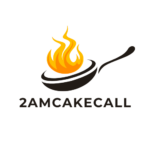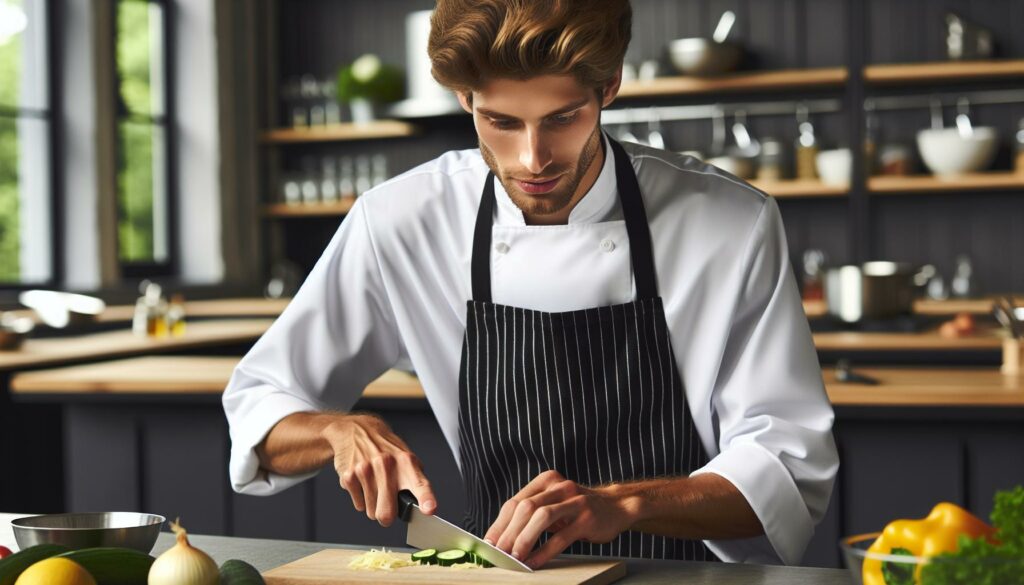Dreaming of becoming the next Gordon Ramsay or Julia Child? The journey to culinary stardom starts with proper education. Many aspiring chefs wonder about the time commitment required to transform their kitchen passions into professional expertise.
From chopping vegetables with lightning speed to mastering the perfect soufflé culinary arts school equips students with essential skills needed in professional kitchens. The duration of these programs varies significantly depending on the type of degree or certification pursued. Whether someone’s looking to become a pastry chef sous chef or restaurant owner understanding the time investment is crucial for planning their culinary career path.
How Long is Culinary Arts School
Culinary arts education programs offer diverse paths for aspiring chefs through structured learning environments. Each program type provides specific advantages based on career goals career goals timing considerations.
Diploma vs. Associate Degree Programs
Diploma programs focus on essential cooking techniques lasting 6-15 months depending on the specialization. These programs emphasize hands-on kitchen training culinary fundamentals food safety certification. Associate degree programs extend 18-24 months incorporating business management courses food science fundamentals menu planning principles. Students in associate programs gain additional credentials through:
- Advanced kitchen management training
- Food cost control education
- Restaurant operations experience
- Nutrition science coursework
- Professional development classes
Bachelor’s Degree Options
Bachelor’s degree programs in culinary arts require 36-48 months of dedicated study combining advanced cooking techniques with comprehensive business education. The curriculum integrates:
- International cuisine studies
- Restaurant concept development
- Financial management skills
- Marketing strategy creation
- Food service operations
- Research methodology
Top culinary schools offer specialized concentrations such as pastry arts hospitality management sustainable cooking practices. These programs include mandatory internships at restaurants hotels food service establishments providing real-world experience before graduation.
| Program Type | Duration | Focus Areas |
|---|---|---|
| Diploma | 6-15 months | Basic cooking techniques food safety |
| Associate | 18-24 months | Kitchen management business basics |
| Bachelor’s | 36-48 months | Advanced techniques business administration |
Typical Program Lengths and Time Commitments
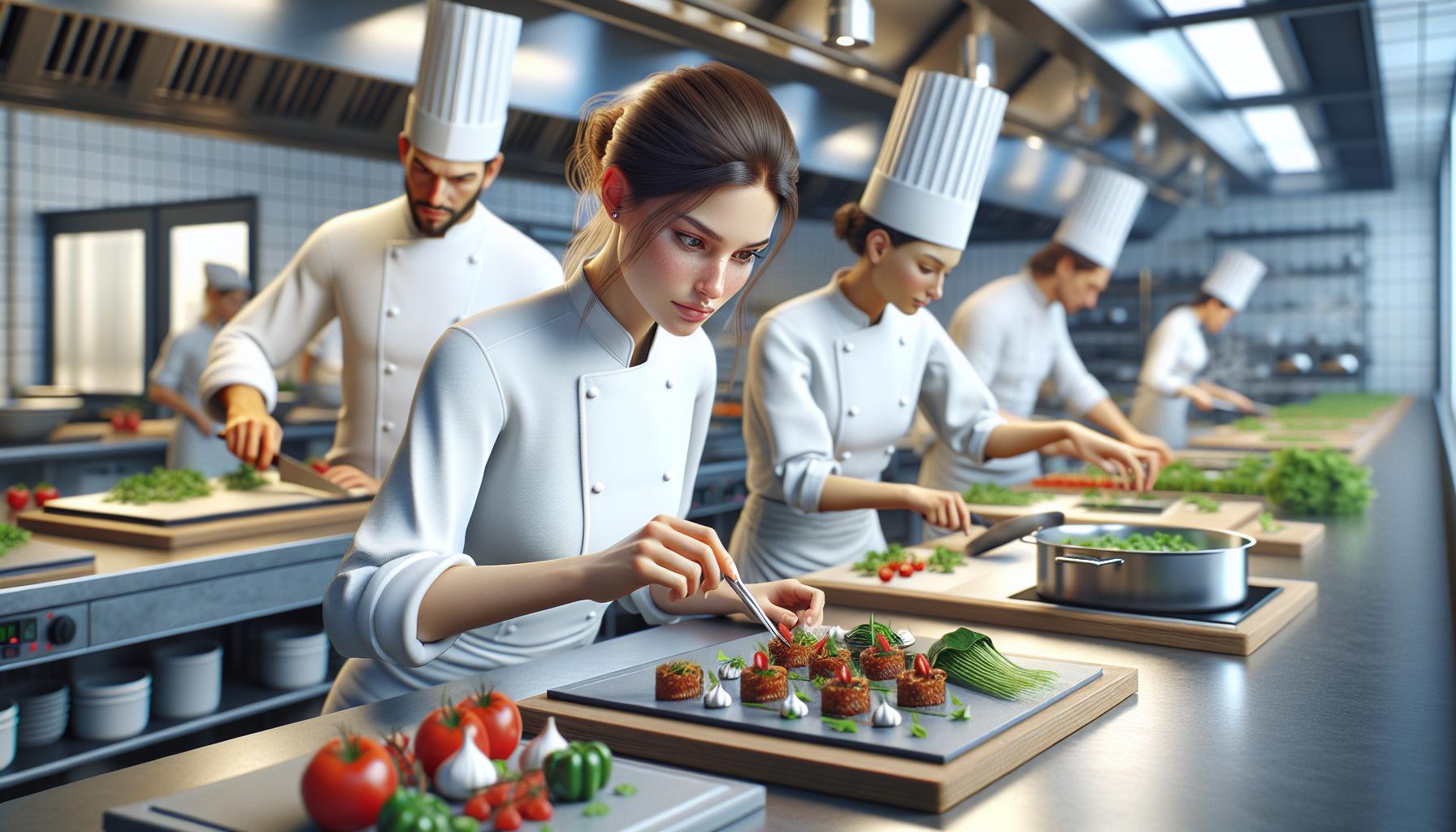
Culinary arts programs accommodate diverse scheduling needs through flexible study options. The duration depends on enrollment status choice between full-time immersive learning or part-time balanced schedules.
Full-Time vs. Part-Time Study
Full-time culinary students complete their programs in standard timeframes:
- Certificate programs: 6-9 months
- Diploma programs: 12-15 months
- Associate degrees: 18-24 months
- Bachelor’s degrees: 36-48 months
Part-time students extend these durations by 50-100% to balance work or family commitments:
- Certificate programs: 12-15 months
- Diploma programs: 24-30 months
- Associate degrees: 36-48 months
- Bachelor’s degrees: 60-72 months
Accelerated Program Options
Accelerated programs compress traditional curricula into shorter timeframes through intensive study schedules:
- Summer intensive certificates complete in 3-4 months
- Fast-track diplomas finish in 8-10 months
- Accelerated associate degrees conclude in 12-15 months
These programs feature:
- Extended daily class hours (8-10 hours)
- Condensed course schedules
- Combined theory/practical sessions
- Limited breaks between terms
- Sequential course progression
Students gain identical certifications as traditional programs while entering the workforce faster through these intensive study options.
Components of Culinary School Training
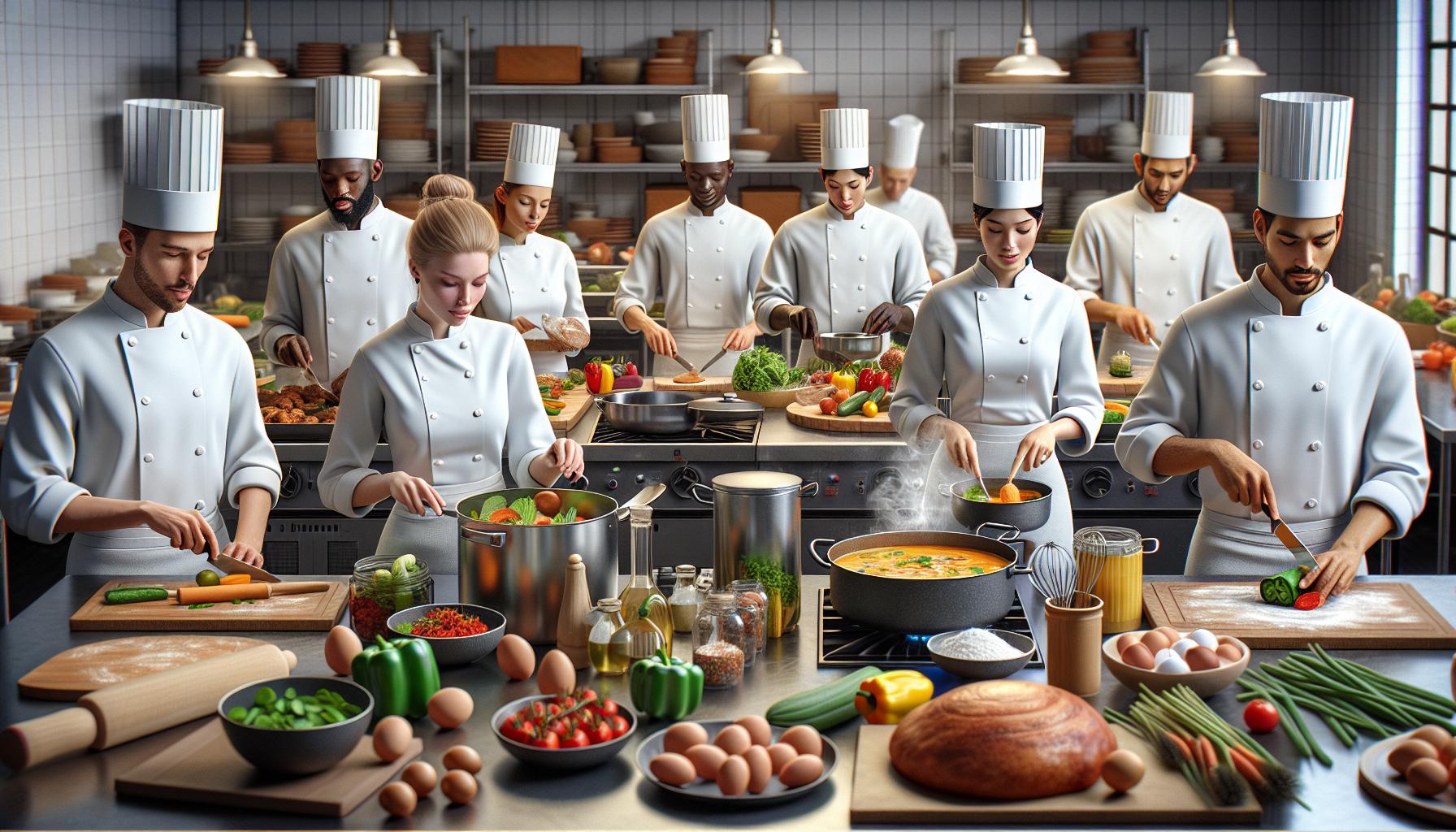
Culinary arts training combines hands-on kitchen experience professional knowledge development with real-world application. These three core components create a comprehensive foundation for aspiring culinary professionals.
Kitchen Laboratory Hours
Professional kitchens serve as learning laboratories where students master essential culinary techniques through practical application. Students spend 15-20 hours weekly in kitchen labs practicing knife skills food preparation methods plating techniques. The curriculum includes instruction in mise en place seafood butchery sauce making pastry production. Kitchen labs feature industry-standard equipment including commercial ranges convection ovens specialized tools. Students rotate through different stations to gain experience in garde manger entrée production dessert preparation.
Academic Coursework
Academic courses complement hands-on training by teaching the theoretical foundations of culinary arts. Students complete 12-15 credit hours per semester in subjects like food safety sanitation nutrition menu planning cost control. Course topics include food science culinary math wine studies international cuisine. Classes cover business fundamentals including inventory management labor costs profit margins. Students learn about sustainable practices dietary restrictions cultural influences on global cuisines.
Industry Internships
Internships connect classroom learning with real-world restaurant operations lasting 200-400 hours. Students work in professional kitchens hotels resorts catering companies fine dining establishments. Interns rotate through positions including line cook prep cook pastry assistant kitchen manager. The experience provides exposure to high-volume production special event catering restaurant operations. Students receive mentorship from experienced chefs while building professional networks developing time management skills. Many internships lead to job offers upon program completion.
Factors Affecting Program Duration
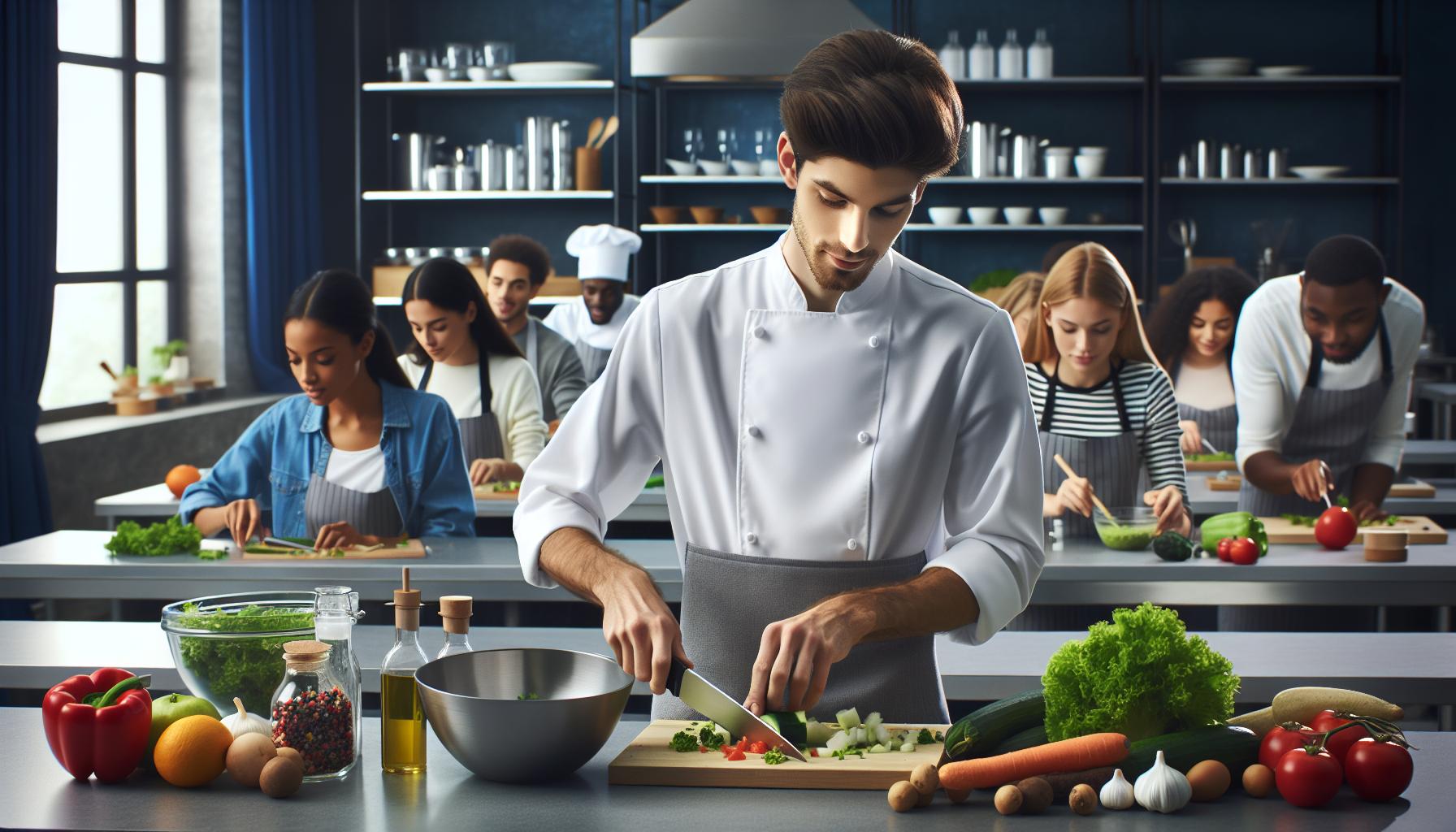
The duration of culinary arts education depends on multiple variables that influence the total time commitment. These factors create unique pathways for students based on their individual circumstances and career objectives.
Prior Experience Credits
Professional kitchen experience translates into academic credits at many culinary institutions. Students with documented work experience in restaurants receive up to 12 credit hours toward their degree requirements. Military veterans with food service training qualify for additional credits through specialized programs. Transfer credits from previous college coursework in related fields like hospitality management or food science reduce program length by 1-2 semesters. Industry certifications such as ServSafe® Food Protection Manager certification count as course equivalencies at select schools.
Specialization Tracks
Culinary program duration extends based on chosen specialization paths. Pastry arts specialization adds 6-9 months to complete advanced baking techniques courses. Restaurant management tracks include 12-15 additional credit hours in business operations topics. International cuisine focus requires 2-3 extra semesters for regional cooking methods study. Wine studies certification paths add 4-6 months of beverage service training. Farm-to-table specialization incorporates sustainable agriculture courses extending programs by one semester. These specialized paths enhance career opportunities through focused expertise in specific culinary niches.
Career Advancement After Graduation
Culinary arts graduates access multiple pathways for professional growth through industry certifications, continuing education programs, and specialized training opportunities. These advancement options enhance career prospects and earning potential in the culinary industry.
Industry Certifications
Professional certifications from organizations like the American Culinary Federation (ACF) validate expertise and increase employment opportunities. The ACF offers five certification levels: Certified Culinarian (CC), Certified Sous Chef (CSC), Certified Chef de Cuisine (CCC), Certified Executive Chef (CEC), and Certified Master Chef (CMC). Each certification requires specific work experience hours, ranging from 2,000 hours for CC to 15,000 hours for CMC. Additional certifications include:
- ServSafe Food Protection Manager Certification
- Certified Food and Beverage Executive (CFBE)
- Certified Professional in Food Safety (CP-FS)
- Restaurant Management Certification (RMC)
Continuing Education
Culinary professionals expand their expertise through specialized courses, workshops, and advanced training programs. Top culinary institutes offer advanced certificates in:
- Advanced Pastry Arts
- Global Cuisine Studies
- Restaurant Management
- Wine Sommelier Training
- Sustainable Cooking Practices
Professional development opportunities include:
- Master Classes with renowned chefs
- Food Innovation workshops
- Advanced Kitchen Technology training
- International Cooking Techniques
- Molecular Gastronomy courses
Each program combines hands-on training with theoretical knowledge, lasting 2-12 weeks depending on complexity and depth of study.
Pursuing a Culinary Arts Education
Pursuing a culinary arts education is a significant investment in both time and effort. The journey can take anywhere from 6 months to 4 years depending on the chosen program and career goals. Students can select from diploma programs focused on essential skills part-time associate degrees that accommodate work schedules or comprehensive bachelor’s degrees that dive deep into culinary expertise and business management.
The flexibility of modern culinary education means aspiring chefs can choose a path that fits their lifestyle while still receiving quality training. With hands-on experience internships and industry certifications these programs prepare students for successful careers in the culinary world. Whether someone dreams of becoming an executive chef opening their own restaurant or specializing in a specific cuisine there’s a culinary education timeline that will help them achieve their goals.
